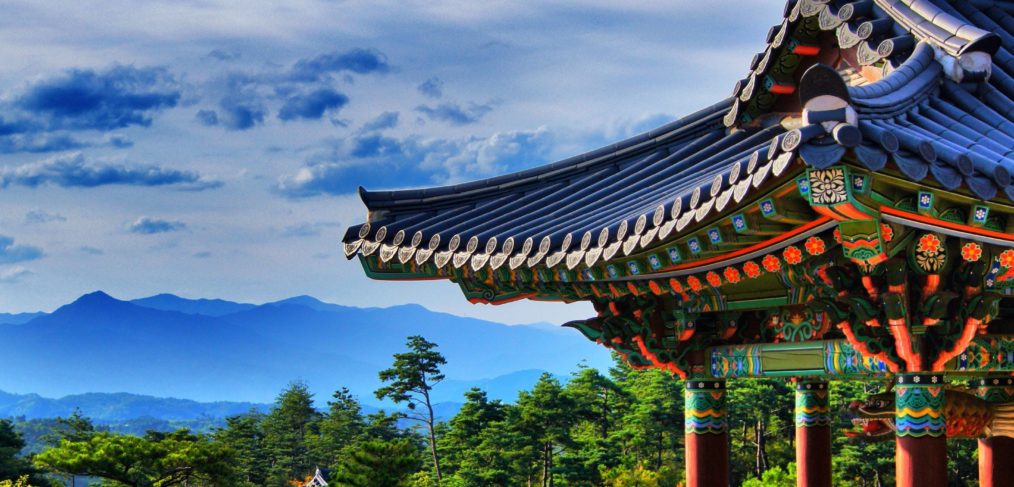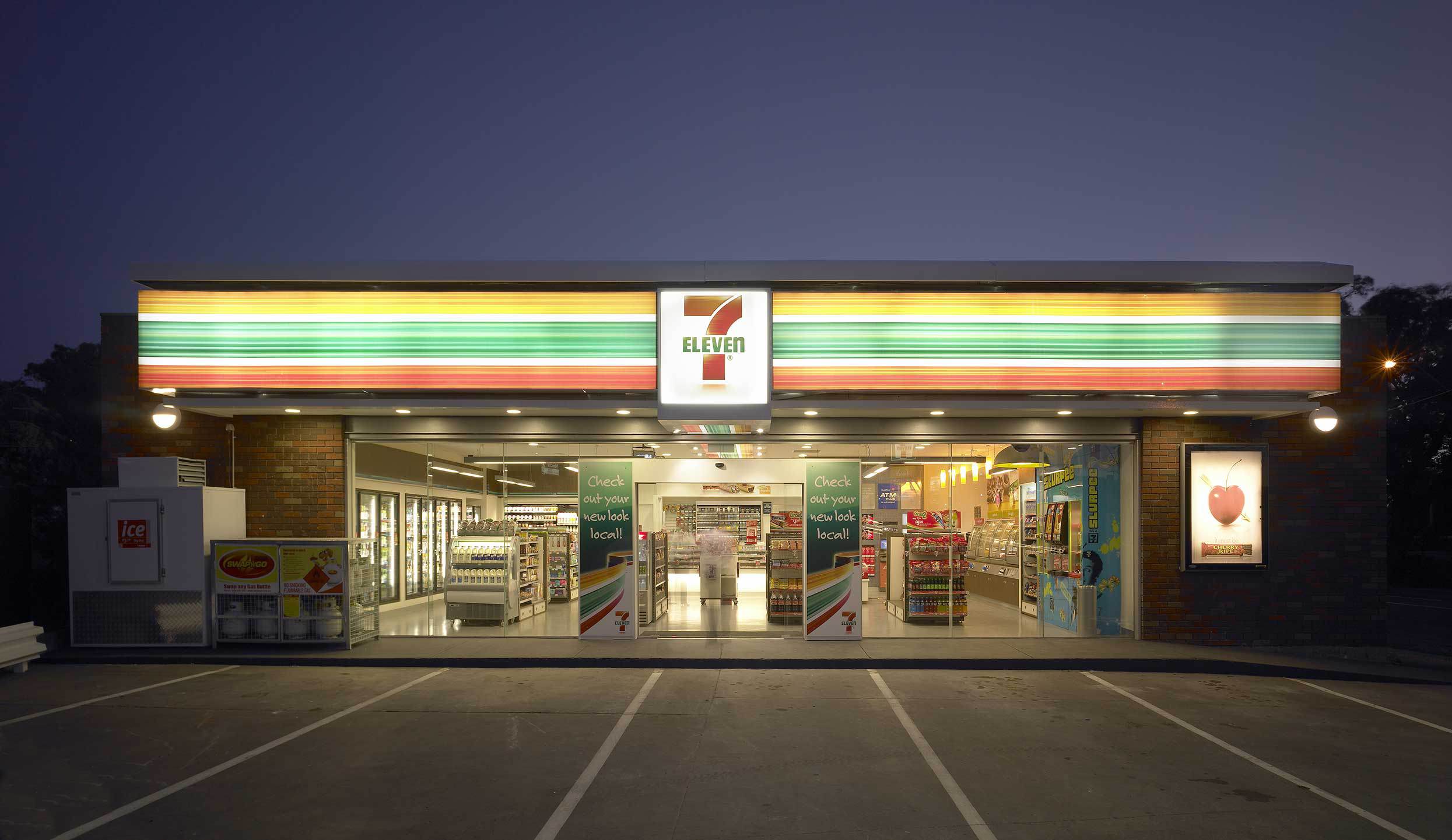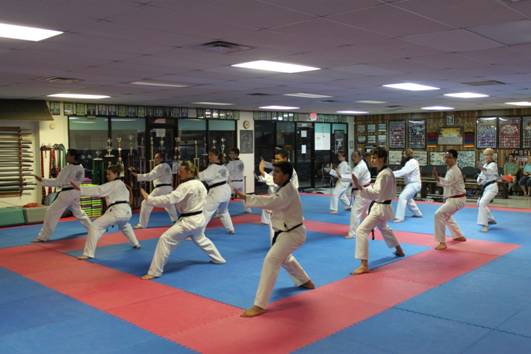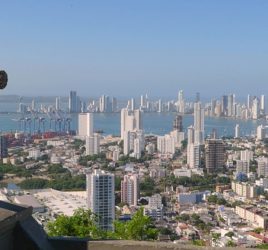
A Beginner’s Manual of What to Do In Colombia and South Korea
If you want to know the first steps in making life easier during your move to Colombia and South Korea, I’m here to help. Let’s cut to the chase.
After Moving to Colombia or South Korea
First Steps
After you’ve entered the country, reached your accommodation, done all the paperwork, etc. you’ll be hit by the jet lag, the confusion of a new country and disorientation. Possibly anxiety. Don’t be alarmed, it’s common for many people to take a few days to adjust.
Some employers may help by setting up the apartment, taking you out for a meal and orientating you. Not all. That’s why you need this list of first steps:
Information
Pick up a copy of the local On Arrival magazine. It will contain info and ideas that you’ll be grateful for.
Internet
You may not have internet access as soon as you move in. You may be able to catch a wireless connection from an office nearby to Skype friends and let them know you’re safe. Or you could visit an inexpensive “PC Bang” in Korea (they’re everywhere) or Internet Cafe In Colombia. Coffee shops are also an option.
Beat jet lag
Try not to sleep through the day. It will keep your jet lag as low as possible.
Your apartment

Apartment at downtown Bogota
You may find yourself spending the first few days in a hotel, while the teacher before you vacate the apartment you’ll be living in or you hunt for an apartment. In Korea, you’ll find tenants who leave can leave behind a mess. Those who come in place of them will be expected to clean. If your employers aren’t kind enough to get the apartment cleaned before you get there, you may have to scrub it down yourself. Keep your chin up. Try to explore the neighborhood for a few days.
Communication
Getting a cell phone in Korea for foreigners is a pain. It can take months to get through the process. Skype is a more convenient option. Plus it’s free if you don’t buy credit to call landlines and cellphones back home. Even then it’s cheap. I recommend Skype for Colombia as well, though getting a cell phone here is easier than in Korea. Avoid buying from street sellers or unauthorized sellers, as they could be selling you a stolen phone. Expats can get pay-as-you-go plans easily from stores. But for monthly contracts, you’ll need a Colombian ID.
Groceries & necessities

7 Eleven Store in Bogota Columbia
There are convenience stores like 7-Eleven, Buy the Way, Family Mart etc. everywhere in Korea. You can get water, snacks, beer, ramen (which you can make and eat at the store), electronics, household goods, medicines etc. Larger grocery stores though will have lower prices. Colombia has local open-air markets that are incredibly cheap and fresh. Find a market near you.
Bank accounts
Most employers will set up an account for you with the same bank they use, and automatically deposit your wages into it. Your passport may be enough to do this, or you may need an Alien Registration Card (ARC). You’ll get an ATM card and a Passbook as well, which can be updated by the bank with your transactions. Carry some cash with you when you move in, you may get paid only after a month.
Make friends
You could invite your neighbors in Colombia for drinks or a meal. You’ll find they are very friendly, hospitable and more than eager to help. In Korea, things are more formal and restrained. You could start by bringing some gifts (a fruit basket is nice) to your neighbors and introducing yourself.
Find healthcare
After moving, scope out the area and make sure to find a doctor or dentist you could go to for emergencies. Register for health insurance if you haven’t already. Healthcare can be free under the NHI program, if you meet certain criteria in South Korea. In Colombia, healthcare is widely available with public and private systems, though the quality between the two is very different.
I hope this checklist will make your first few days and weeks easier after the move. Good luck!
Martial Arts

Taekwando School
A Hobby to pursue in South Korea to learn about the formalized styles
When it comes to martial arts, there is a stereotype about Korean that we westerners have. We seem to think that every Korean has grown up on Taekwondo, and can split tables with their palms without a hair out of place.
After living in South Korea for a while, I realized that Taekwondo and other martial arts in the country are like baseball. Lots of people are interested in it. Many kids train in it in school clubs. But not everyone is super dedicated.
I have always been fascinated by the martial arts. So I thought it would be foolish to give up an opportunity to learn about the formalized styles of Taekwondo, Taekkyeon, in the land of their birth. I highly recommend a martial arts program for expats to get a deeper perspective on Korean tradition and culture.


